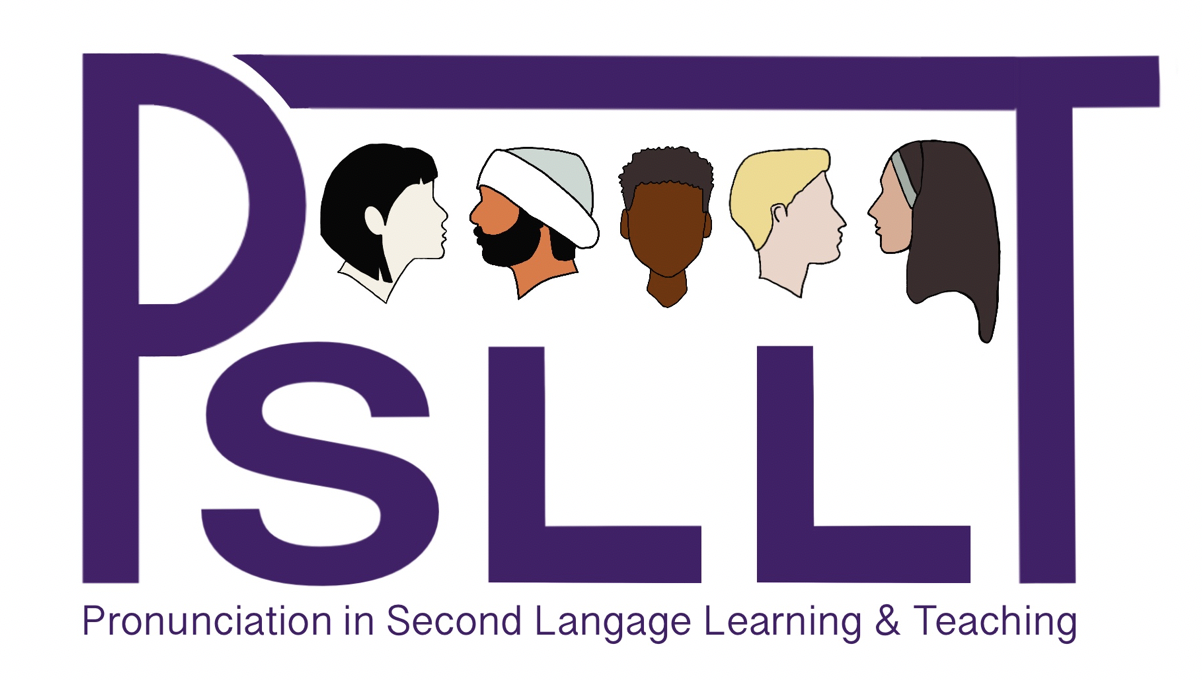Volume 2 • 2011 • Pronunciation and Intelligibility: Issues in Research and Practice
A generally accepted goal of pronunciation pedagogy is to help learners achieve a comfortably intelligible pronunciation rather than a native-like one. But what should this goal look like in the kinds of research studies we conduct, in our classroom practice, and in the creation of self-study and computer assisted pronunciation materials? How is intelligibility connected to comprehensibility in setting goals? What part does irritation play in judgments of intelligibility? Are there features that do not greatly impact intelligibility yet remain essential to teach? Which elements of pronunciation are most important in achieving a comfortably intelligible pronunciation? How is intelligibility related to listening comprehension and to gesture? What principles can help teachers make decisions regarding intelligibility? How do computer-assisted pronunciation materials impact how we individualize instruction for diverse groups of learners?
The second annual conference invited proposals for papers or poster presentations on any aspect of pronunciation research, teaching and learning, especially those related to how issues related to intelligibility and comprehensibility impact the teaching of pronunciation, listening and speaking, and also presentations related to innovative uses of technology in teaching pronunciation.Introduction
Pronunciation and Intelligibility: An Overview of the Conference
John Levis and Kimberly LeVelle
2010-12-31 Volume 2 • 2011 • Pronunciation and Intelligibility: Issues in Research and Practice
Presentation
Intelligibility: Buzzword or Buzzworthy?
Murray J. Munro
2010-12-31 Volume 2 • 2011 • Pronunciation and Intelligibility: Issues in Research and Practice
(Un)intelligibility Tales
Laura Hahn and Patricia Watts
2010-12-31 Volume 2 • 2011 • Pronunciation and Intelligibility: Issues in Research and Practice
The Interlanguage Speech Intelligibility Benefit: The Case of Arabic-Accented English
Ghazi Algethami, John Ingram and Thu Nguyen
2010-12-31 Volume 2 • 2011 • Pronunciation and Intelligibility: Issues in Research and Practice
Language and Nonlanguage Factors Affecting Nonnative Undergraduate Students’ Reaction to Itas
Edna F. Lima
2010-12-31 Volume 2 • 2011 • Pronunciation and Intelligibility: Issues in Research and Practice
Assessing Speech Intelligibility: Experts Listen to Two Students
John Levis
2010-12-31 Volume 2 • 2011 • Pronunciation and Intelligibility: Issues in Research and Practice
Upstream Destressing: Another Step Toward Natural Speech
Wayne B. Dickerson
2010-12-31 Volume 2 • 2011 • Pronunciation and Intelligibility: Issues in Research and Practice
ESL Teachers and Pronunciation Pedagogy: Exploring the Development of Teachers’ Cognitions and Classroom Practices
Amanda A. Baker
2010-12-31 Volume 2 • 2011 • Pronunciation and Intelligibility: Issues in Research and Practice
An Integrated Approach to Pronunciation: Listening Comprehension and Intelligibility in Theory and Practice
Marnie Reed and Christina Michaud
2010-12-31 Volume 2 • 2011 • Pronunciation and Intelligibility: Issues in Research and Practice
Pronunciation Learning Strategies That Improve ESL Learners’ Linking
Veronica G. Sardegna
2010-12-31 Volume 2 • 2011 • Pronunciation and Intelligibility: Issues in Research and Practice
Using Mobile Technologies for Synchronous Cmc to Develop L2 Oral Proficiency
Sarah Huffman
2010-12-31 Volume 2 • 2011 • Pronunciation and Intelligibility: Issues in Research and Practice
The Pronunciation of /S/II in Complex Onset and Coda Clusters in Somali-Accented English
Ettien Koffi
2010-12-31 Volume 2 • 2011 • Pronunciation and Intelligibility: Issues in Research and Practice
Acquisition of L2 Phonology in Advanced Learners: Does Instruction Make a Difference?
Anita Saalfeld
2010-12-31 Volume 2 • 2011 • Pronunciation and Intelligibility: Issues in Research and Practice
Vowel Spaces in Bilingual Haitian American Kindergartners
Stacey Wallen and Robert A. Fox
2010-12-31 Volume 2 • 2011 • Pronunciation and Intelligibility: Issues in Research and Practice
The Impact of Computer Assisted Pronunciation Training on the Improvement of Vietnamese Learner Production of English Syllable Margins
Pamela Pearson, Lucy Pickering and Rachel DaSilva
2010-12-31 Volume 2 • 2011 • Pronunciation and Intelligibility: Issues in Research and Practice
